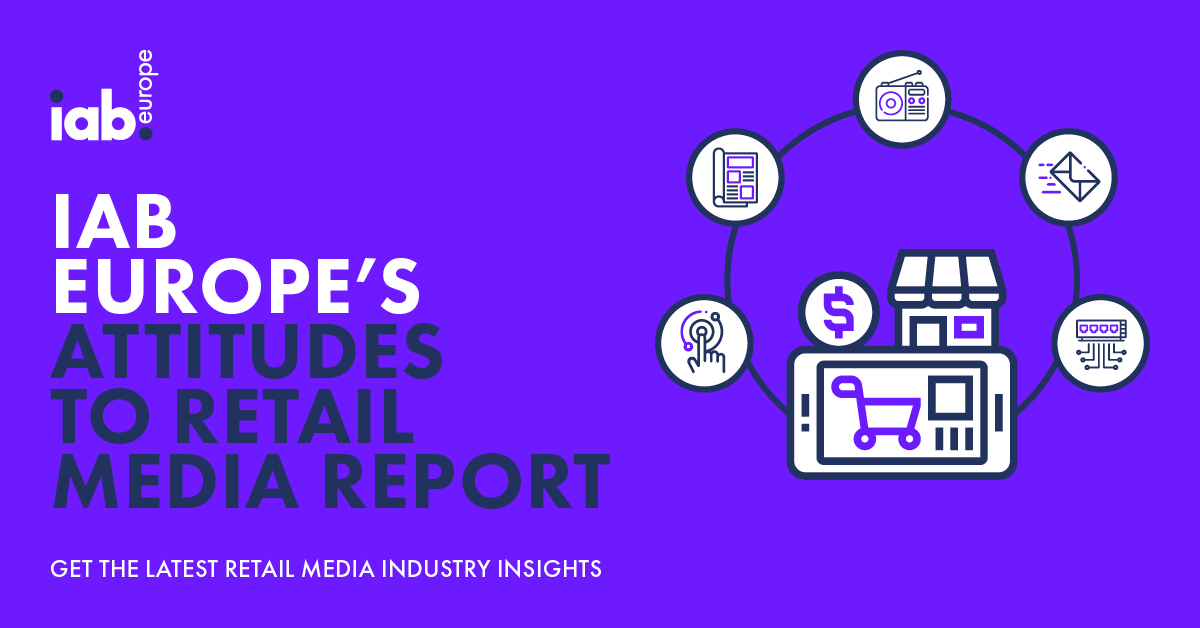To a new employee in retail it would appear that digital is now fully incorporated into our multichannel business. However, the assimilation is not yet complete and Ian Jindal considers whether this might leave us in an exposed position.
At the dawn of ecommerce, the new opportunity was seen as a ‘tech’ discipline, cloaked in hardware, pipes and connections. However the underlying revolution comprised software, data, interfaces and interactions – all digitally-mediated. The web was not bounded by the computing device used for access.
The major changes were that the software and processing became independent of the device (a simple browser with processing at a remote server – a process continued in cloud services now); data that could flow and be changed in many locations. As we entered a world of transformation (data, processes, code) and interoperation (APIs, protocols and flows) we entered a world of new opportunities and new demands. It was similar to single-celled organisms coming together to create a complex life-form.
One side effect of the extensive and ready interaction has been that the ‘digital influence’ has bled into other areas of our business – marketing, finance, supply chain, even into product development and buying.
This digital ‘leaching’ can be seen around the board table as we discuss matters with a digitally-originated world-view. We talk of agile approaches (popularised by a software development approach) and interfaces (from object-oriented programming). We nod whenever ‘test and learn’ is mentioned, and process and flow management are no longer phrases for engineers and technicians alone.
The most significant change however is the rise of “Service”. Everything is now offered up to customers and to colleagues as a service. Software, hardware, data as a service and even ‘service as a service’. As our customers increasingly get used to this approach – pre-chewed capability – and so do our many colleagues, each from their own supplier base, the pressure will be upon boards to serve each other and collaborate more effectively. Business as a service?
As leaders we have a further challenge within our own teams. We’re the first management generation where it’s a given that our staff are more expert than us, always, and in every area! No longer do we lead by having done it before. No longer do we ‘know more’. Rather, our role is more like a conductor of an orchestra. We need to understand and appreciate each instrument’s contribution as well as the virtuosity of each artist. Commercial leadership is the ability to turn these varied talents into a harmonious directioned whole.
In considering the generic challenges we’ve created a Digital Leadership Transformation Framework (of which more in future issues) with nine leadership levers. The first focuses upon articulating a business operating model with digital capabilities throughout the business. Another is the key role of ‘permissioning’, where you allow and support those more expert than you within the business to succeed and deliver upon the business operating model. The third stems from this permissioning and can be seen as ‘permission to fail’. This is a vital correlative to the desire to test and optimise. If we believe in the benefit of continuous test and improve then we also need to allow staff credit and support when those tests are glorious and beneficial ‘failures’. We need to support ‘failing well’, failing regularly and sharing failure as a well to support success.
Our new challenge is to drive whole-business adaptation. In evolutionary terms an individual organism does not evolve, it adapts. An elephant cannot transform into a butterfly, no matter the size of its ears nor the vigour of its flapping. We need to help our organisation be continually adaptible in response to digital opportunities.
This can’t be a half-hearted attempt. We can’t keep digital in a silo.
We can’t be naive about digital: it’s not the only skill we need, nor is it the only or final disrupting force to our business. However, it’s now time to embrace digital as a full part of the modern skills synthesis.
Ecommerce gave us a start in digital transformation, and multichannel has extended that further into the business. With our staff and customers fully immersed in digital to the point where it’s invisible, as leaders we are either digital through and through or we are out of step with our customers and commercial competitors. We can no longer be ‘a little bit digital’ any more than you can be a little bit pregnant or a little bit honest.




